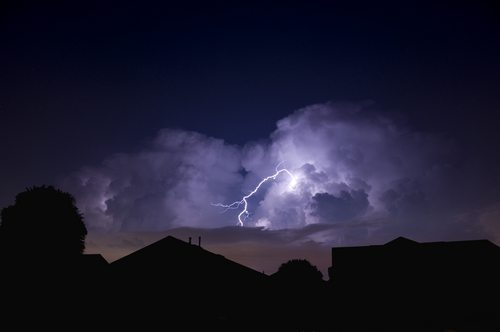When inclement weather hits, two groups of homeowners emerge: those who are grateful they own a generator and those who wish they did. It seems that every year there are more and more reports of severe weather, and you never know when your area could be hit. For this reason, it's wise to consider buying a generator or upgrading the one you currently have.

Types of Generators
There are two types of generators to consider: portable and standby. Portable generators can be moved anywhere and can generate from 7500 to 17500 watts of power, depending on the model. They can run on gasoline or propane.
Standbys start working the moment a home loses power. It senses the loss via the automatic transfer switch to which it's connected. As soon as electricity is cut off, the switch takes on the last of the power, using it to trigger the generator.
Key Differences
As the name implies, portable generators can be moved anywhere while a standby generator is permanently installed. Portables are started by tugging a recoil cord, much like a lawnmower. A standby generator starts off the electrical load transferred to it by the automatic transfer switch. Standbys typically cost slightly more than portables because they can produce more wattage.
Why Buy a Generator
Weather events such as Hurricanes Irene and Sandy, and an unusual rash of nationwide snowstorms left thousands without power. For many, another prolonged period of candles and canned food is simply not an option. They realize they can keep warm and comfortable by purchasing a backup electricity source via a home generator.
For more information about generators or other home comfort concerns, contact Rodenhiser Plumbing, Heating & Air Conditioning. We've been serving the Route 495/128 area of Massachusetts since 1928.